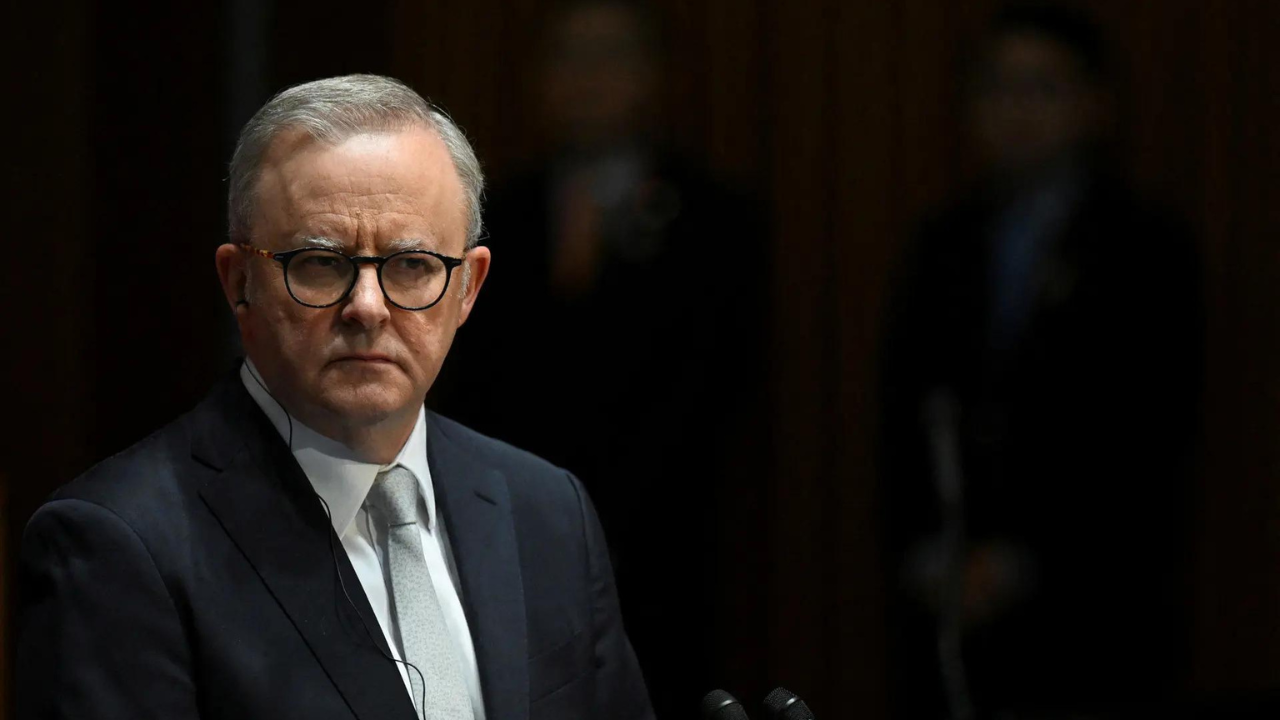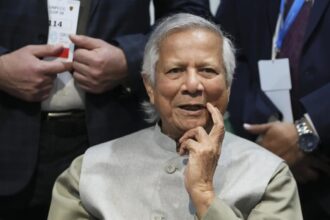Australia raised its terror threat level from “possible” to “probable” on Monday, indicating a more than 50% likelihood of an onshore attack being planned within the next year. The decision was made based on advice from security services, which pointed to an increase in extremist views across the country.
However, Prime Minister Anthony Albanese said that there was no immediate threat of an attack.
Australia downgraded the threat level to “possible” in 2022, following eight years at “probable”.
“The advice that we have received is that more Australians are embracing a more diverse range of extreme ideologies and it is our responsibility to be vigilant,” Albanese stated during a press conference.
The Australian Security Intelligence Organisation‘s director general, Mike Burgess, attributed the heightened threat level to tensions in the Middle East, particularly the ongoing conflict between Israel and Hamas that started on October 7. “The conflict has fuelled grievances, promoted protests, undermined social cohesion and elevated intolerance,” said Burgess.
Australia witnessed several violent incidents in recent months,, some of which have been classified as extremism-motivated. In April, Australian police determined that a knife attack targeting an Assyrian church bishop and some of his followers in Sydney was a terrorist act driven by suspected religious extremism.
However, Prime Minister Anthony Albanese said that there was no immediate threat of an attack.
Australia downgraded the threat level to “possible” in 2022, following eight years at “probable”.
“The advice that we have received is that more Australians are embracing a more diverse range of extreme ideologies and it is our responsibility to be vigilant,” Albanese stated during a press conference.
The Australian Security Intelligence Organisation‘s director general, Mike Burgess, attributed the heightened threat level to tensions in the Middle East, particularly the ongoing conflict between Israel and Hamas that started on October 7. “The conflict has fuelled grievances, promoted protests, undermined social cohesion and elevated intolerance,” said Burgess.
Australia witnessed several violent incidents in recent months,, some of which have been classified as extremism-motivated. In April, Australian police determined that a knife attack targeting an Assyrian church bishop and some of his followers in Sydney was a terrorist act driven by suspected religious extremism.
Source : Times of India






